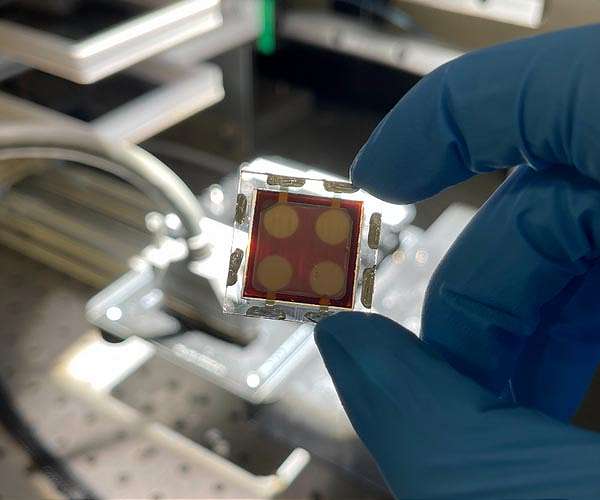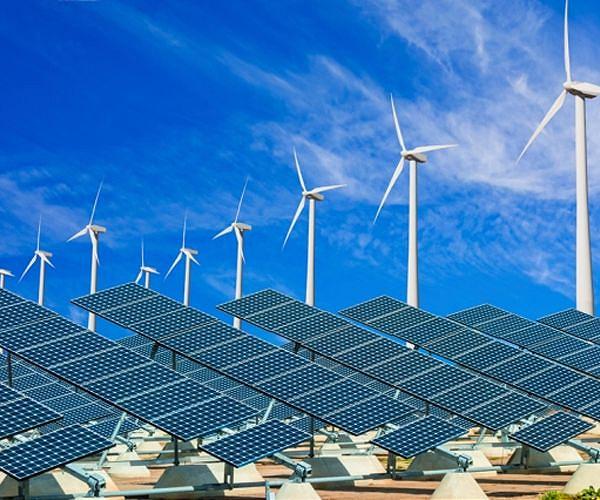
High Proton Conductivity Achieved in Novel Perovskite Materials
by Riko Seibo
Tokyo, Japan (SPX) May 31, 2024
Scientists at Tokyo Institute of Technology (Tokyo Tech) have developed a new perovskite, BaSc0.8W0.2O2.8, that demonstrates high proton conduction at low and intermediate temperatures. This advancement is achieved through donor doping with large W6+ cations, which increases water uptake and reduces proton trapping. These findings could lead to the development of novel perovskites for protonic ceramic fuel cells (PCFCs) and proton-conducting electrolysis cells (PCECs).
Fuel cells are becoming critical in converting chemical energy into electrical energy as part of global clean energy initiatives. Among these, PCFCs, which use solid electrolytes, offer safety and stability benefits. However, conventional perovskite electrolytes in PCFCs suffer from low proton conductivity at low and intermediate temperatures.
A research team led by Professor Masamoto Yashima at Tokyo Tech, in collaboration with High Energy Accelerator Research Organization (KEK), investigated this issue. Their study, published in the Journal of Materials Chemistry A on May 3, 2024, addresses the low conductivity of conventional proton conductors caused by proton trapping and low proton concentration.
“A major problem with the conventional proton conductors is a phenomenon known as proton trapping, in which protons are trapped by acceptor dopant via electrostatic attraction between the dopant and proton,” Yashima explained. “Another major problem among such proton conductors would also be their low proton concentration due to the small amount of oxygen vacancies.”
To overcome these challenges, the researchers developed BaSc0.8W0.2O2.8 with high oxygen vacancies, resulting in a higher proton concentration. Full hydration of the material converts it to BaSc0.8W0.2O3H0.4, enabling high proton conductivity due to increased water uptake and reduced proton trapping. The large W6+ dopant’s positive charge repels protons, facilitating their migration across the material, as confirmed by molecular dynamics simulations.
This study provides fundamental design principles for future proton-conducting perovskites. “The stabilization of perovskites with disordered intrinsic oxygen vacancies and full hydration enabled by doping of large donor dopant could be an effective strategy towards next-generation proton conductors,” remarked Yashima.
These proton conductors are essential for both PCFCs and PCECs, contributing to sustainable energy technologies.
Research Report:High proton conduction by full hydration in highly oxygen deficient perovskite
Related Links
Tokyo Institute of Technology
Powering The World in the 21st Century at Energy-Daily.com







